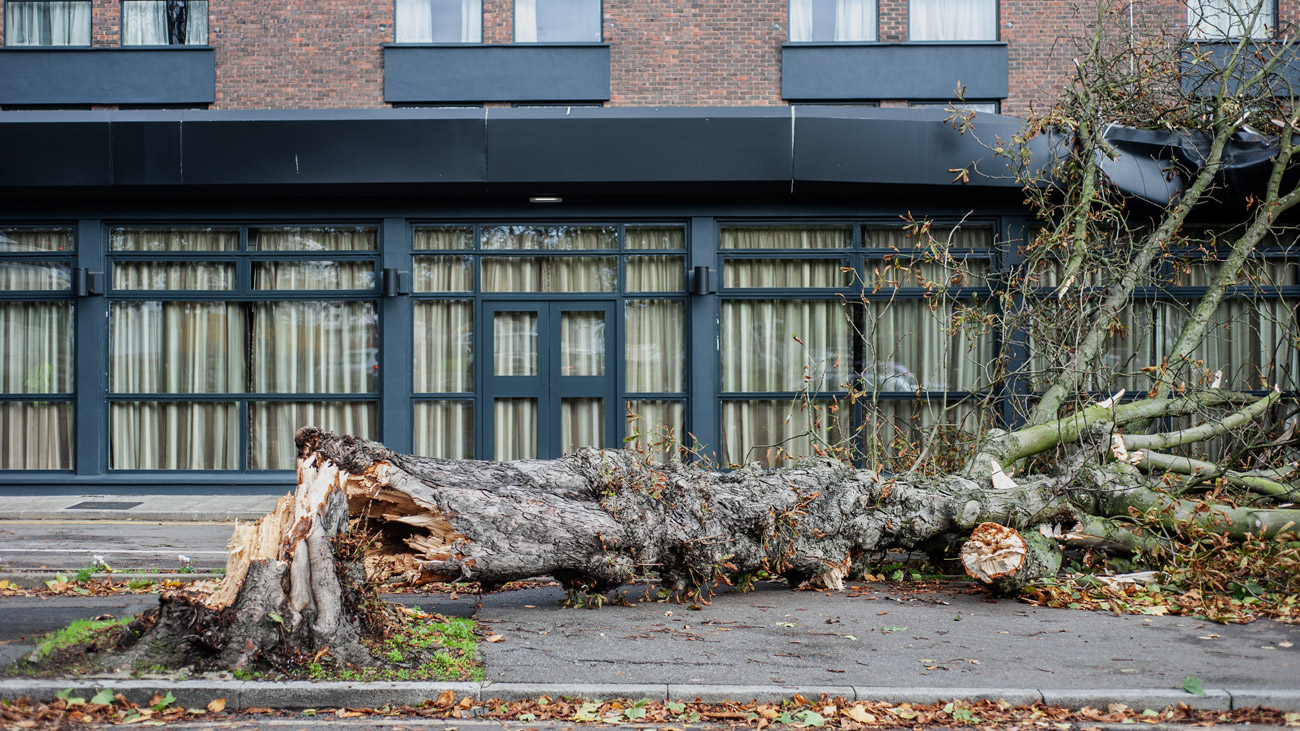
UK falling behind EU on hazardous chemicals standards
The UK government has announced it will not match new EU restrictions on various potentially hazardous chemicals, including the “rubber crumbs” used to make artificial football pitches. Environmental groups and health experts say the decision opens up the prospect of a “chasm” emerging between the EU and the UK, leaving Britain with weaker regulations on chemicals that are potentially harmful to human health and the environment.
Research by Chem Trust, an environmental charity, found that since Brexit the UK has matched only two out of five EU restrictions on chemicals that could be hazardous, with a further 20 EU restrictions in the pipeline.
According to an announcement by the Department for Environment, Food and Rural Affairs (Defra), the government will not match the EU on the regulation of chemicals used in textiles that can cause skin irritation, and calcium cyanamide, a component of nitrogen fertilisers that poses a potential risk to surface water and soil organisms. Other products not currently considered a priority include hazardous substances in disposable nappies and period products.
Chloe Alexander, UK chemicals policy director at Chem Trust, said the government’s plans for regulation after Brexit offered “far fewer and weaker protections” from harmful materials than its EU equivalent, adding:
“In our view, there is no reason why EU controls should not be automatically adopted in the UK when their impact would not be significantly different in the UK. The main issue is often whether safer alternatives are available, and there is no reason this should be any different in the UK, in comparison to Germany, France or Sweden. In addition, EU REACH gives companies a range of opportunities to input their evidence about the impacts of any planned controls, whether the companies are in the EU, UK, US or China.
“Great Britain is now on course to significantly fall behind EU controls on hazardous chemicals. This will mean that our environment and UK consumers will receive less protection than in the EU. The Government promised there would be ‘no divergence for the sake of divergence’, but that is where we’re heading. The Government is now effectively admitting that the UK is unable to match the EU’s pace on action on chemicals because of a lack of resources and capacity, and is providing no transparency as to when, or even if, other chemical restrictions that are adopted in the EU will be adopted here.”
The UK chose to leave the European “Reach” chemicals management system after leaving the EU, replacing it with a UK “Reach” regime overseen by the HSE. Campaigners have said that a lack of capacity at the HSE is partly to blame for this decision and a report by the National Audit Office in May warned it could take “a further four years” for the HSE to recruit enough staff to fully deliver its post-Brexit regulatory functions. The HSE said it would continue to guarantee “there are effective ways in which the hazardous substances are assessed”.
Andrew Watterson, professor of health sciences at Stirling university who has published research on artificial football pitches, said it was “not a good decision” for the UK to fail to match EU restrictions, commenting that a typical sports pitch could use 120 tonnes of crumbs, often made from recycled car tyres, meaning some six tonnes of potentially carcinogenic material would be non-compliant with EU standards. He said:
“It appears the UK is weakening chemical controls when compared with Europe. This weakening threatens not only public health and workers’ health but also the environment.”
Defra said that UK Reach allowed the government to work on the “most pressing priorities” that best reflect the specific circumstances in Great Britain, adding:
“We continue to work closely with industry and other interested stakeholders to understand their concerns and discuss how best to deliver effective and efficient outcomes for both the environment and businesses.”







